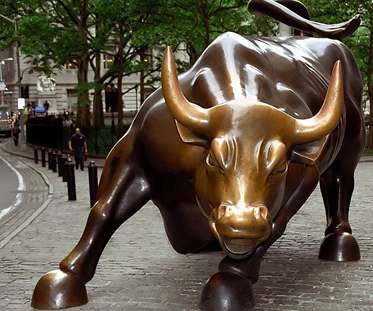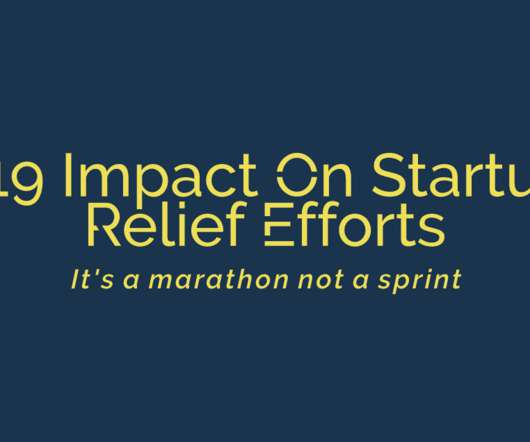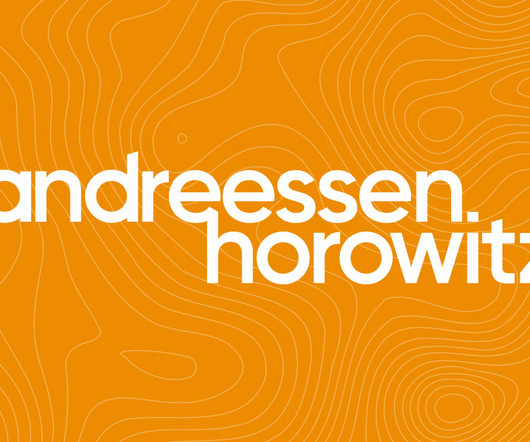10 Realities Today Cause Startups To Bypass An IPO
Startup Professionals Musings
AUGUST 31, 2019
Today the rate of startups going public (IPO – Initial Public Offering) is up from the dead zone, but is still half the rate back before 2000. In my view, the key reasons that IPOs have lost their luster from an entrepreneur and investor perspective include the following: The US IPO process is still stumbling.



























Let's personalize your content